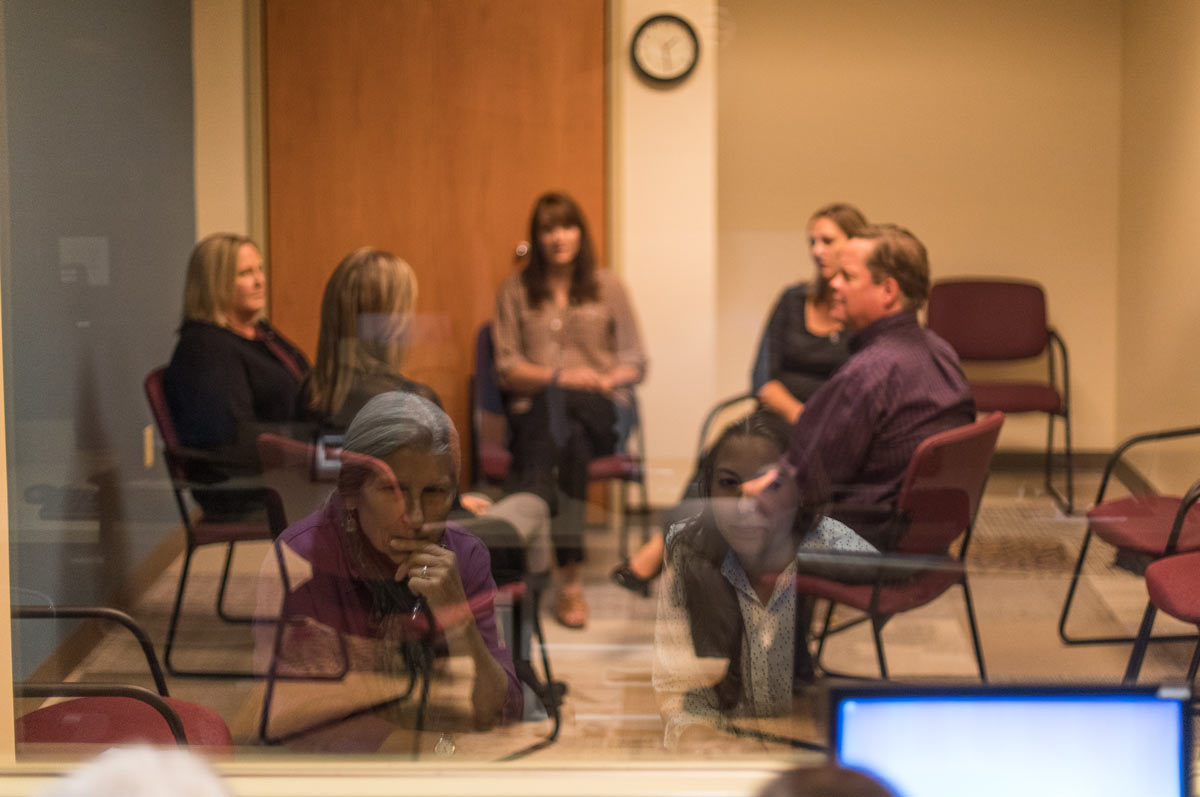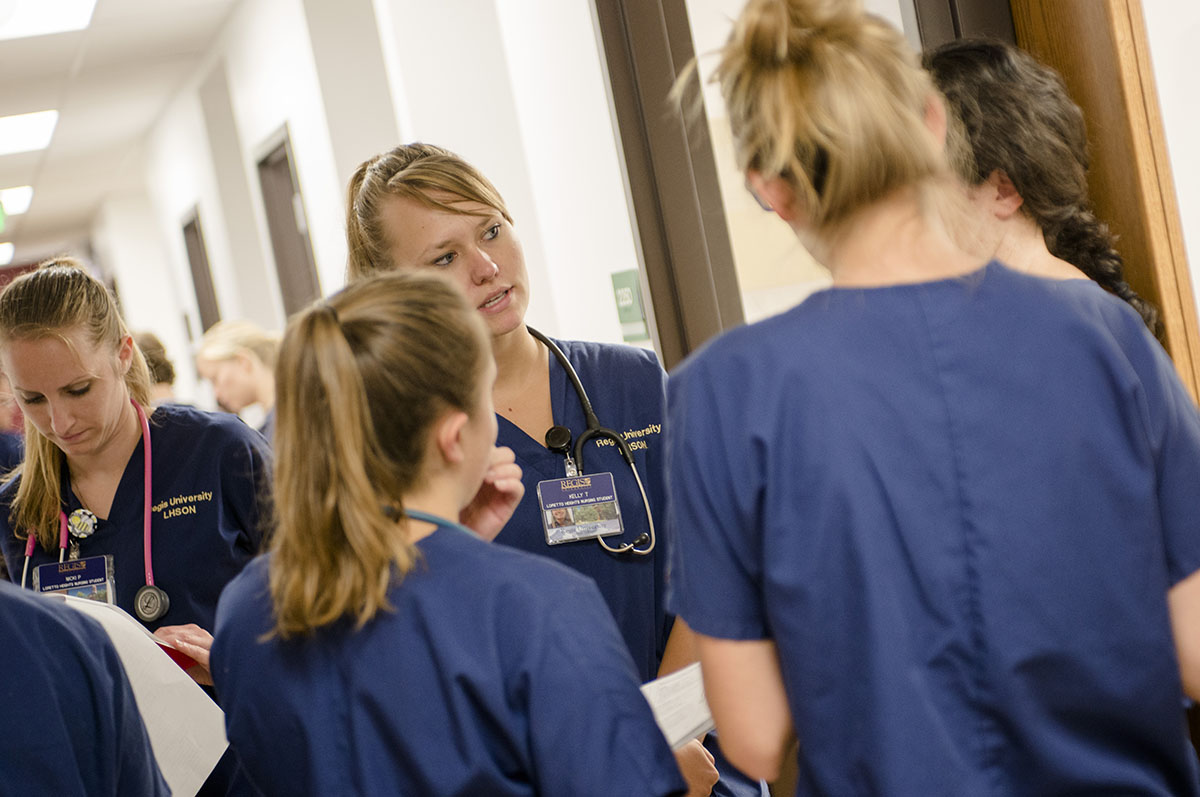Where Technology Saves Lives
Some people look at an advanced degree and see it as an achievement, a resume booster or a feather in their cap. Others see it as a ticket to their next raise or promotion. There’s nothing wrong with either of these outlooks—trust us, we’re all about the hustle. But some people out there want their degree to mean something more—a way to serve others, save lives and help their communities.
In these uncertain times, health care professionals are evolving the way they combat disease and promote health. They’re using big data, lighting-fast communication technology and a worldwide network of resources to help improve outcomes.
Since the U.S. government now requires all health care organizations to utilize electronic health records (EHRs), health informatics ranks as one of the most promising careers across the country. In fact, the Department of Labor predicts a 11% growth in the need for health information managers through 2024.
At Regis, we believe a master’s degree in Health Informatics is not just about understanding tools and technology, but also gaining a deep knowledge of data management, cultivating leadership and understanding industry ethics.
Behind every number is a name and behind every patient record is a person. The necessity of maintaining and improving our health care information systems grows by the minute, putting health informatics at the forefront of care. Are you ready to rise to the challenge?



